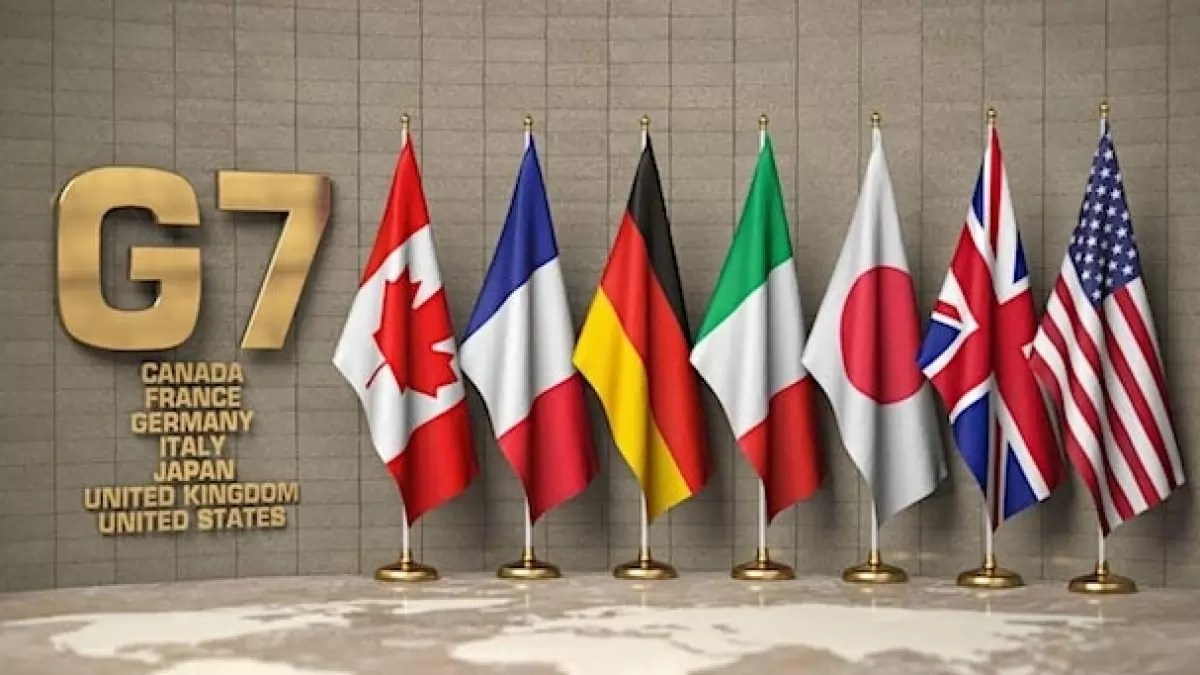Following the recent significant move by the European Union (EU) to introduce an extensive law for crypto dubbed MiCA, that aims to pass The Group of Seven (G-7), which represents all the leading western powers, want to step up efforts for tougher regulations for the cryptocurrency sector in 2023.
According to reports in Japan, the meeting of finance ministers and central bankers of G7 has signaled their commitment to implement the Financial Stability Board’s (FSB) forthcoming norms for regulating crypto assets and the International Monetary Fund’s (IMF) recommendations on central bank digital currencies.
The G-7 has indicated it will follow the standards set by the FSB.
The G-7 also supports the Financial Action Task Force’s (FATF) efforts to accelerate the global implementation of the Travel Rule, which mandates the sharing of information on fund transfers between financial institutions, the finance ministers said.
The meeting comes a few days before the 2023 G7 Summit to be held in Hiroshima, Japan.
The list of G7 countries includes:
- Canada
- France
- Germany
- Italy
- Japan
- United Kingdom
- United States
- European Union
According to officials who are familiar with the plan, the objective of the tougher regulations is to improve transparency in business and provide greater safeguards for consumers.
The proposal is provoked by recent turmoil in the crypto sector, including the downfall of major exchange, FTX, which is thought to have exposed the inadequate management practices prevalent in the industry and spread turmoil in the financial markets.
G7 officials have also been unnerved by two abrupt bank failures in the United States in March 2023. The first involved Silicon Valley Bank, which was primarily involved in catering to technology startups, while the second concerned Signature Bank, which served clients in the cryptocurrency sector.
Among the G-7 members, Japan has already implemented regulations concerning cryptocurrencies. Meanwhile, Canada and the United States currently rely on their existing financial regulations to oversee the cryptocurrency sector.
Follow us on Twitter for the latest posts and updates
________________________________________
________________________________________







